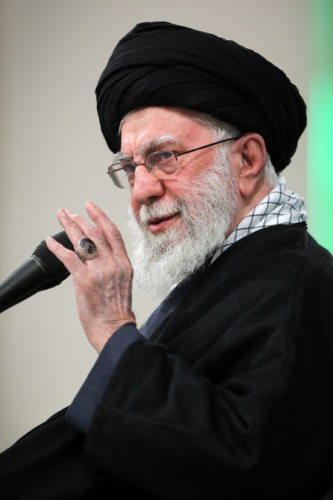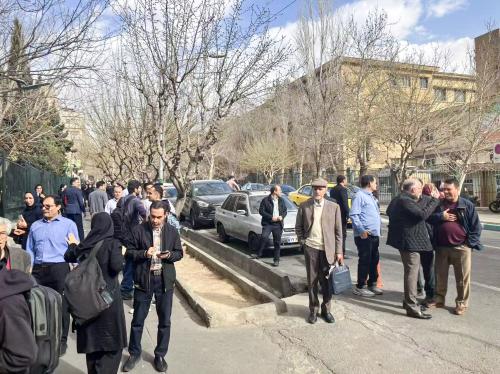By Dr. Anjali Mukerjee
Vegetarianism, today is a trend followed by many. Some follow it due to cultural, religious and ethical reasons while others do it to avoid heart diseases and stay healthy. A well-planned vegetarian diet meets the health needs of people of all ages. It benefits patients, helps in faster healing and is ideal for pregnant or breast-feeding women.
Vegetarians do not eat meat, poultry or fish, and even avoid byproducts like gelatin. Those who generally eat dairy and eggs are termed as lacto-ovo vegetarians while those who avoid eggs and consume dairy are known as lacto-vegetarians. Others, who reject all meat, animal products, eggs and dairy products, are known as vegans.
A typical vegetarian diet is low in saturated fat and high in fiber, complex carbohydrates, and fresh fruit and vegetables. It presents most of the dietary recommendations for healthy eating.
Here are some vegetarian sources and alternatives that can provide essential nutrients:
Protein: Women need about 45 grams of protein and men about 55 grams of protein everyday. Most vegetarians worry about not getting adequate protein from their diet. Tofu is a good protein source providing 30 grams of protein per cup. Protein maintains healthy skin, bones, muscles and organs. It can be found in eggs, dairy products and also in soy products, legumes, lentils, nuts, whole grains. A combination of legumes with grains, nuts provides a complete protein balance.
Calcium: Calcium helps build and maintain healthy teeth and bones. It is found in low-fat milk products, dark green vegetables such as broccoli, spinach and fortified calcium products such as tofu, soymilk, and fruit juice.
Vitamin B-12: Vitamin B-12 is essential to produce red blood cells and prevent anemia. For vegans and other vegetarians, it is found in fortified soy products, cereals, yeast, miso, seaweed and in supplements.
Iron and Zinc: Iron is essential in red blood cell production and is found in dried beans, peas, lentils, cereals, whole grains, dried fruit and dark, leafy vegetables.
While being vegetarian is healthy, I've seen that most vegetarians do not eat vegetables. Their idea of vegetarian food consists of chole bhature, idli sambar, dosa, pulav, khichdi, dal and rice, fried potatoes, pav bhaji (where vegetables are over cooked and mish-mashed till they lose their nutritional value). Therefore, being thoroughly vegetarian means eating loads of fresh fruits, vegetables, nuts, seeds, whole grains and legumes in order to maximize health benefits.












